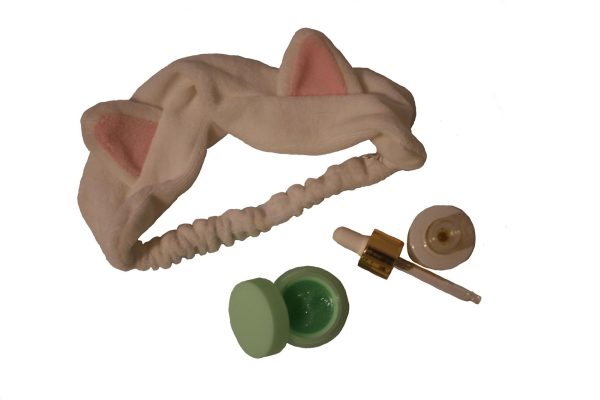E-Learning survival: Tips to get through a new and unusual learning schedule

Illustration by K. Draine
November 25, 2020
During our current situation with COVID-19, it’s so important to make sure that we are being considerate towards our mental health but at the same time, staying productive in our school work. It’s completely understandable to have days where doing anything feels exhausting and even getting out of bed feels hard to do, before even considering the upcoming assignments due that night or the test you need to study for. And then there’s the mere fact that our mental health gets under prioritized by the school, our grades taking over and gaining control over us. Although it’s been hard to adjust to changes Covid-19 has caused in our daily lives, it’s even harder to adjust to the new hybrid school schedule. Sometimes it can be very difficult to find the motivation to do it from home. All in all, it’s important to know the steps to take in order to maintain a good status of mental health and a sense of productivity despite the unfamiliar circumstances.
1.) Create a schedule
One of the most effective steps you can take to encourage productivity is to create a schedule. Whether you prefer to work in the morning, afternoon, or evening; it’s important to build a reliable plan that you know you’ll follow. Make time for each class and be sure to add breaks.
2.) Get enough sleep
Go to bed earlier so you can work more efficiently be more engaged. I know, this can be a struggle but think of it this way; the earlier you go to bed, the earlier you can wake up in the morning, which goes to mean the earlier you’ll be done with your work.
3.) Stay organized
Organization comes easier to some rather than others. There’s multiple ways you can do this, however. A great way to stay organized is by having a designated area in your house where you can keep all your materials needed to do work. You can also get materials such as folders and binders to keep your assignments well separated.
4.) Taking breaks
Doing all of your work at once can be very overwhelming. The healthiest and most productive break time is about 5-15 minutes. You don’t get too distracted and your brain has time to calm down. By allowing yourself short breaks, you are more likely to stay productive. Going on a walk is a good example, it allows you to get fresh air and focus on yourself.
5.) Reward yourself
It’s important to reward yourself when doing an action, your brain will process that as good behavior and continue to do that action in order to keep getting rewarded. The rewards don’t have to be big, it could be going somewhere that you wouldn’t normally go for lunch, buying something for yourself, etc.
6.) Listen to something
Listen to music or have background noise to keep yourself focused; it doesn’t necessarily have to be classical music either. According to The Conversation, their data demonstrated “that brain noise is a crucial part of human perception, decision making and being able to see from different perspectives.”
7.) Chew some gum
If you’re studying or doing an assignment that you’re have to memorize for later, chew some gum. It provides the mind a distraction and helps it process information.
8.) Set goals
Understand your end goal. For students, it might be what you want to do after graduation. If you have something to work towards, you’ll be more motivated to do the work.
9.) Meditate
Meditation is a good way to center yourself. Website and magazine, Forbes, has claimed that meditation improves concentration and attention after just a few days. Mindfulness is a great way to concentrate and forget stress before getting back to work.
10.) You’ll be okay
Don’t be too hard on yourself; it’s okay to procrastinate, just don’t make it a habit.







